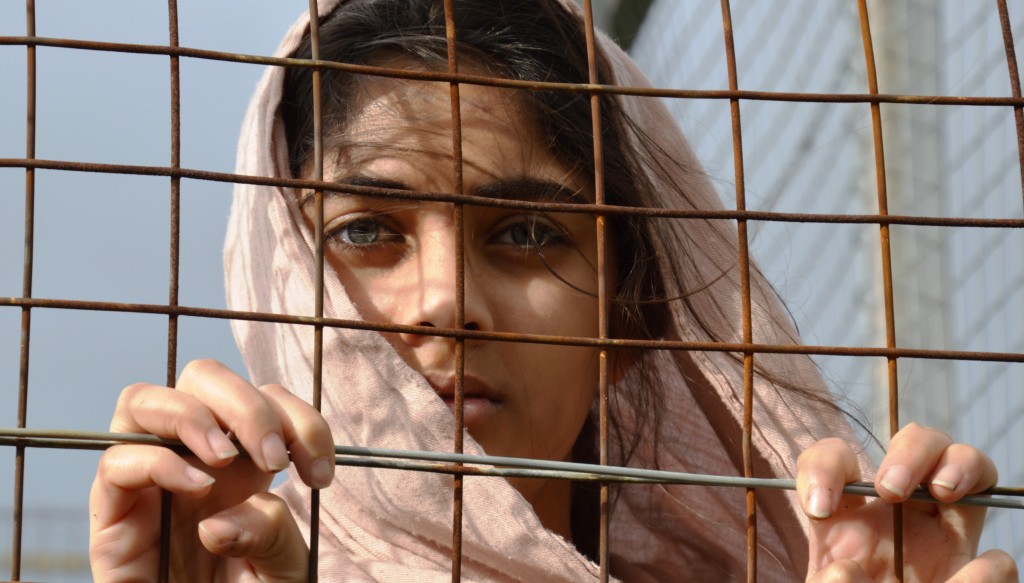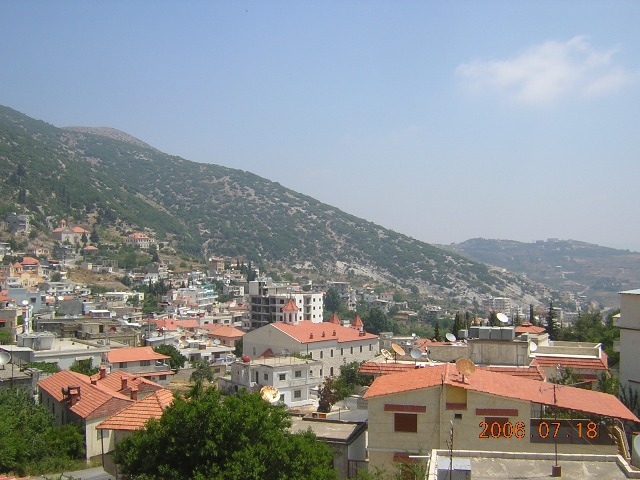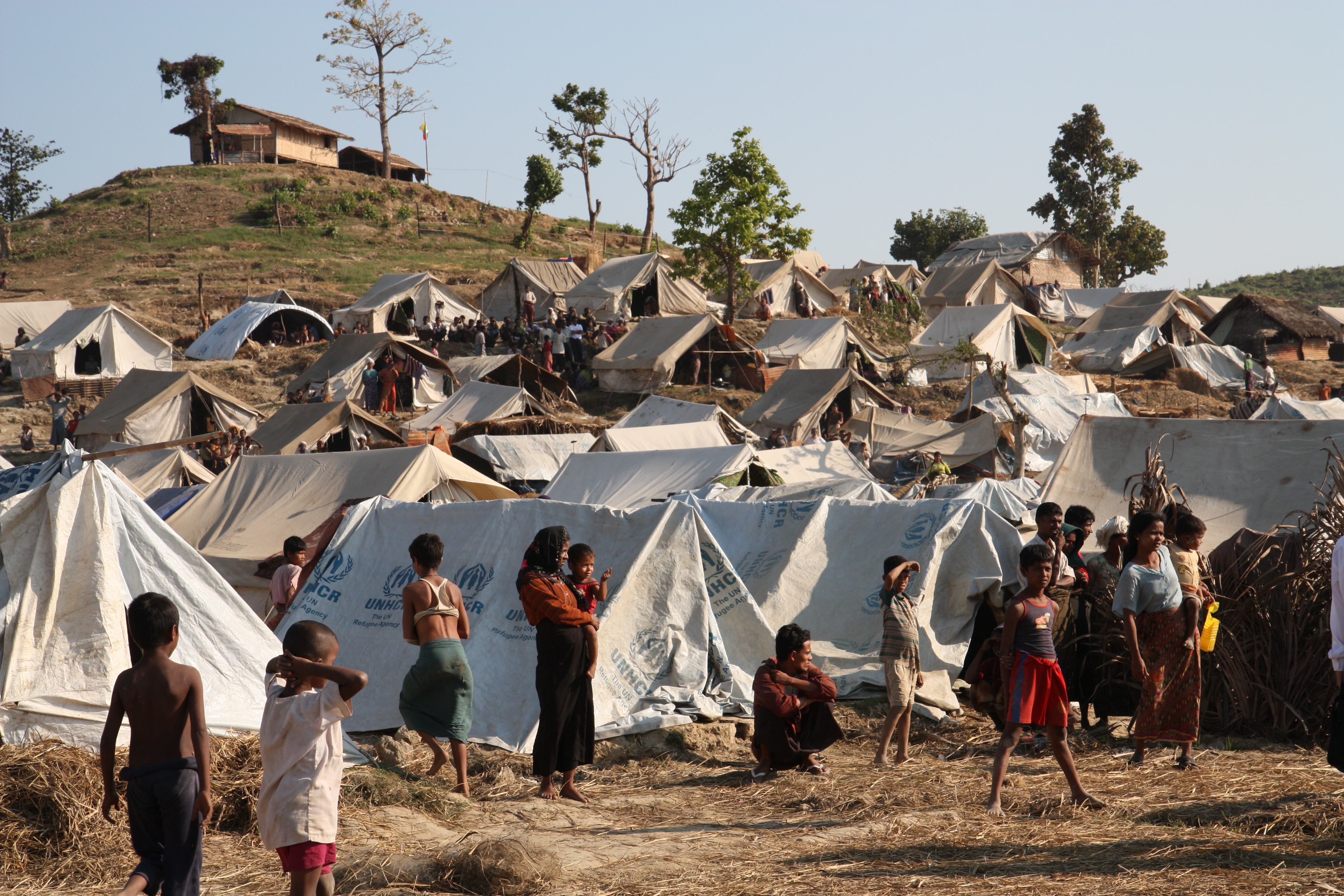*Image © Aneesa Talib for The Halimah Trust, UK.
Numerous atrocities stemming from the Syrian civil war have been reported. One of the most devastating was the revelation from the Euro Mediterranean Human Rights Network, which states that approximately 6000 Syrian women have been victims of sexual assault and rape since the crisis began in Spring 2011. What is more, these cases are not confined to the war-torn landscape of Syria, but have become increasingly common in the refugee camps of Jordan, Turkey and Lebanon. It appears that rape has become a deliberate military strategy, as female victims have named perpetrators from all sides of the conflict, including both Syrian rebels and government fighters. Victims have also named security forces in their adopted countries of Jordan, Turkey, and Lebanon as attackers.
In terms of ending the rape of Syrian women within their own country at the hands of warring forces, the best possible solution clearly lies in ending the civil war. Women have routinely become weapons of war, being raped while in detention by Syrian government forces, kidnapped, and used as leverage against family members. Also, they are used as human shields during raids. There is perhaps room for cautious optimism in the announcement by UN Secretary General Ban Ki-moon that both sides of the Syrian civil war will finally meet for negotiations in Geneva on January 22, 2014. However, something must be done to prevent the widespread torture and sexual assault of Syrian women, particularly in the refugee camps to which they have fled to for the purpose of escaping the conflict.
The epidemic of sexual assault of Syrian women in refugee camps is a difficult problem to solve. Since these women fear the lifelong stigma associated with their violation, they rarely speak out against their attackers. Rather, they will often confess to having seen another woman being raped. For these reasons, clinics and support groups for Syrian women can only do so much. As a result of reports on sexual assault and rape committed by husbands and family members, refugee camps for the Syrian crisis should implement social support programs for male refugees as well as female. Many men feel a sense of helplessness, frustration, and powerlessness because they are no longer the family breadwinner. Some also feel that they have lost control over the safety of their family due to displacement, which paradoxically causes them to become abusive to their wives.
Caritas Lebanon, an organization providing refugee aid to Syrian refugees in Lebanon, has announced that they will be opening a shelter to help victims of sexual violence, which is an important first step. However, allegations of sexual assault and rape by security forces in refugee host countries must be addressed decisively and promptly. Lebanese, Turkish, and Jordanian governments must take responsibility for the safety of those living in refugee camps.




